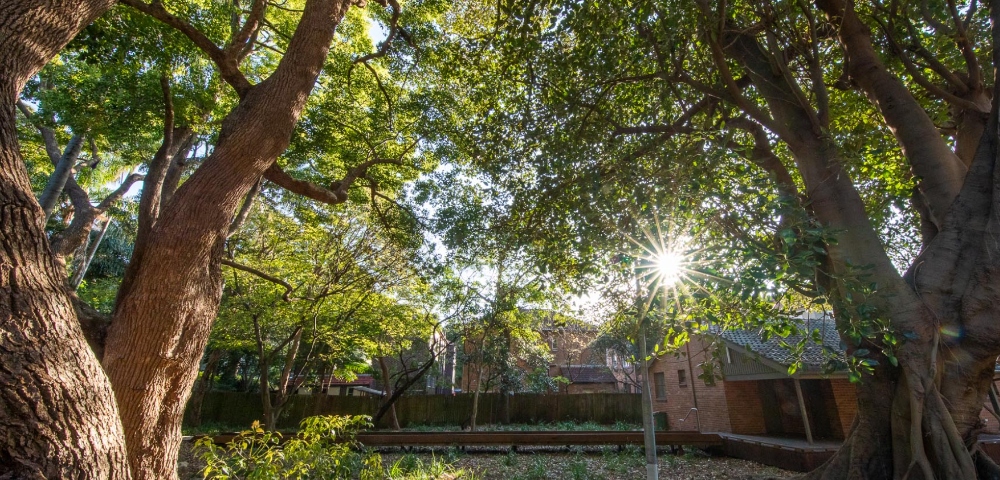
Gunns on the chopping block
BY DANIELLE ECUYER
This week will decide the fate of tree-lopping behemoth Gunns. Shareholders large and small will be asked to participate in a $430m rights issue, to pay down a heavily-indebted balance sheet.
The magnitude of this capital raising cannot be overstated. When Gunns shares were suspended at $1.68, market capitalisation had shrunk to a meagre $700m, profits had fallen to $63m (versus $105m in 2004) and interest-bearing debt had swollen to an unmanageable $1.5 billion.
This is the same company who aggressively spearheaded the largest pulp mill project in the world, until August 28 when chairman and CEO John Gay admitted they have been unable to secure financing for the $2 billion project, and may well never succeed. Even if they do, it will not be until the end of March 2009.
I have been flagging since January that the pulp mill was unlikely to secure finance. There is no doubt that the global credit crisis, ongoing deterioration in the company’s financial performance, sustained anti-pulp mill lobby, and disregard by management for appropriate procedure to secure transparent approval have all contributed to make this project a ‘poisoned chalice’ for global financial lenders.
In an era in which companies and consumers are aware of major environmental challenges like climate change, the public is less likely to tolerate major investment projects seen to be destroying valuable and irreplaceable resources, such as high conservation-value native forests. Moreover, lending institutions globally are taking their environmental, social and corporate governance (ESG) responsibilities seriously.
The proposed Bell Bay pulp mill, in my opinion, failed to meet ESG criteria, which posed problems above and beyond the challenges of securing finance in the worst credit markets since the Global Depression.
Examination of Gunns’ financial performance since the announcement of the proposed pulp mill in 2004 reveals the share price has fallen some 75 per cent, and net profits after tax have declined 40 per cent. I believe there is a direct correlation between the company’s dwindling financial fortunes and the dogged determination of management to push through an extremely unpopular, unsustainable and financially unviable project.
So what is the future for Gunns’
I think major shareholders will take up their entitlement to the rights issue; they have little choice, except to watch another company sink under the weight of too much debt. But they have the choice to exercise their voice as stakeholders and use their influence to persuade Gunns management the time is right to walk away from the pulp mill project, and transition Gunns to a transparent and sustainable timber company.
This transition could be even more urgent than management is prepared to admit, with new Tasmanian Premier David Bartlett stating openly that the government would consider ending Gunns’ future 20-year wood supply agreement.
The viability of Gunns wood chipping and proposed pulp mill activities have always depended on extremely favourable pricing given to the company for the primary resource, the native timber feedstock. The stumpage costs charged by Forestry Tasmania to Gunns have never been disclosed; however, the favourable terms have allowed Gunns to compete internationally, against low cost countries such as Brazil.
There is another risk for Gunns in the Japanese desire to increasingly source wood chips from non native forests. Japan is Gunns most important wood chip customer.
As a resource company, Gunns needs to take a good look at the future of its markets. Whether it likes it or not, the ease with which the company can source its feedstock from native forests is coming under pressure from both the supply and demand side.
Supply is threatened by the changing political climate. Politicians are responding to voter concern over logging of high conservation value forests and there is growing global realisation that logging of all native forests needs to stop, to arrest CO2 emissions and sustain valuable carbon stores.
On the demand side, customers for native wood chips and pulp are declining as they increasingly seek to source from plantations.
But out of adversity comes opportunity. Gunns has the choice to leave behind the debacle that has become the pulp mill, re examine its business model and reduce the risk of shrinking feedstock supply and declining demand for its products by switching as swiftly as possible to plantation-only feedstock and higher value added timber building products.
It is up to major shareholders to help Gunns, if they are to be true to their stakeholders and trustees and invest for the benefit of future generations.
Danielle Ecuyer is a former Investment Banker, anti pulp mill campaigner and ESG advocate.









